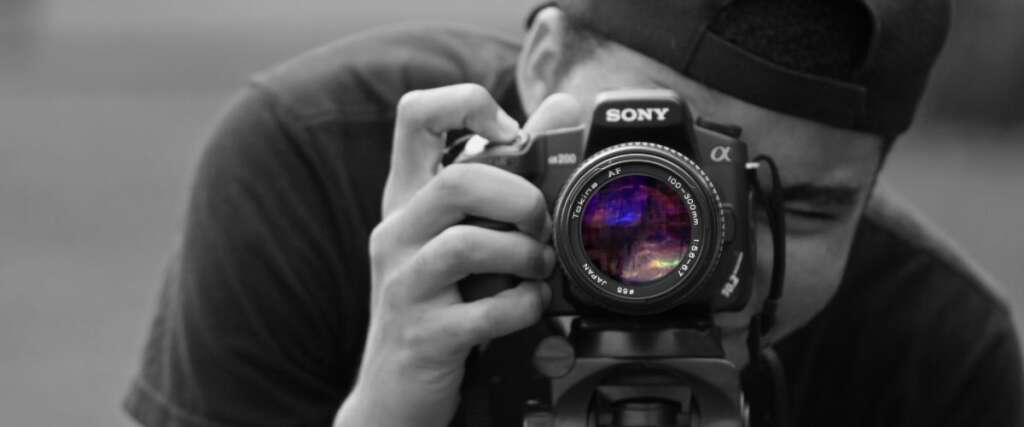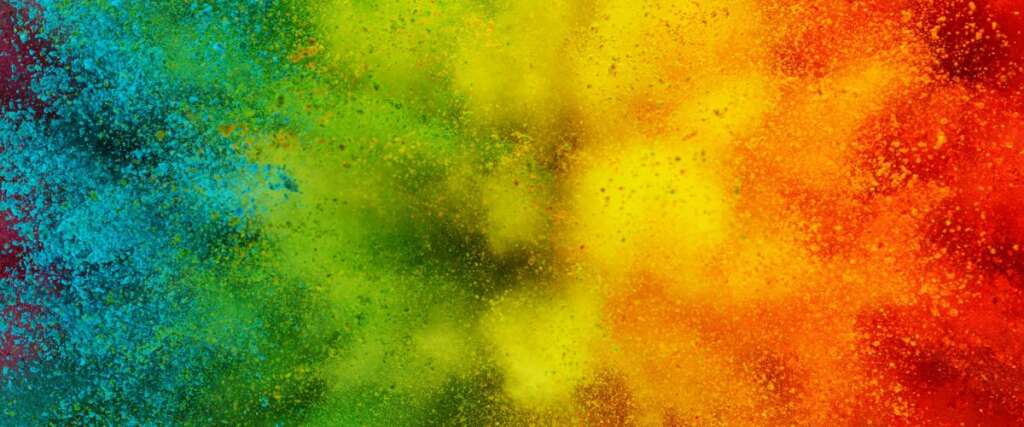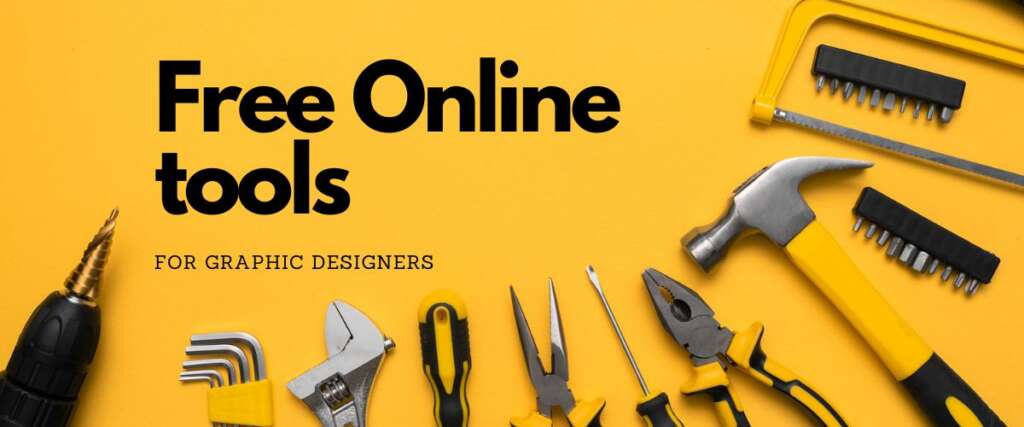Subtitle: An In-Depth Look at the Hero Archetype and Its Role in Building a Strong, Impactful Brand
Introduction
In the world of branding, archetypes are powerful tools for creating a distinct brand identity that resonates with customers. The Hero archetype is one such example, representing brands that inspire change, overcome adversity, and empower their customers to achieve their goals. In this article, we’ll delve into the characteristics, strengths, and examples of the Hero brand archetype, as well as explore how to leverage this archetype for your own brand.
I. Defining the Hero Brand Archetype
The Hero brand archetype is inspired by the classic hero’s journey, a narrative pattern in which a protagonist embarks on a quest, faces and overcomes challenges, and ultimately triumphs. Hero brands position themselves as catalysts for change, empowering their customers to overcome obstacles and achieve their aspirations.
II. Characteristics of Hero Brands
- Goal-oriented: Hero brands focus on helping customers achieve specific objectives and overcome challenges.
- Inspiring: They motivate and uplift their audience, instilling a sense of courage and determination.
- Resilient: Hero brands are characterized by their perseverance and ability to bounce back from adversity.
- Empowering: They equip their customers with the tools, resources, or inspiration needed to succeed.
III. Strengths of the Hero Archetype
- Emotional connection: Hero brands foster strong emotional connections with their audience, inspiring loyalty and advocacy.
- Clear purpose: They possess a clear mission or purpose, which drives their brand strategy and messaging.
- Motivation: Hero brands can effectively motivate customers to take action and pursue their goals.
- Differentiation: The Hero archetype can help brands stand out in competitive markets by offering a unique value proposition.
IV. Examples of Hero Brands
- Nike: Nike empowers athletes to push their limits and overcome obstacles, with their iconic slogan “Just Do It” encapsulating the Hero ethos.
- FedEx: As a reliable logistics company, FedEx positions itself as the hero that overcomes obstacles to deliver packages on time, no matter the circumstances.
- Tesla: Tesla’s mission to transition the world to sustainable energy showcases its Hero archetype, aiming to overcome environmental challenges and empower consumers with innovative solutions.
V. How to Leverage the Hero Archetype for Your Brand
- Define your mission: Clearly articulate your brand’s purpose and how it empowers customers to achieve their goals.
- Showcase success stories: Share customer testimonials and case studies that demonstrate your brand’s role in overcoming challenges and enabling success.
- Inspire action: Develop marketing messages and campaigns that inspire and motivate your audience to take action.
- Create empowering content: Offer resources, tools, and content that help your customers overcome obstacles and achieve their aspirations.
VI. Potential Pitfalls of the Hero Archetype
While the Hero archetype has its strengths, it’s essential to be aware of potential pitfalls and challenges that may arise when adopting this archetype for your brand.
- Overpromising: Be cautious not to overpromise or exaggerate your brand’s capabilities in your marketing messages, as this can lead to disappointment and damage your brand reputation.
- Arrogance: Hero brands can sometimes come across as arrogant or self-important if not balanced with humility and authenticity. Ensure your messaging conveys confidence without alienating your audience.
- Overshadowing customers: Avoid positioning your brand as the sole hero, and instead, focus on empowering and celebrating your customers as the real heroes in their journey.
VII. Evaluating If the Hero Archetype Is Right for Your Brand
Before committing to the Hero archetype, consider the following questions to determine if it’s the right fit for your brand:
- Does your brand offer a solution or service that helps customers overcome challenges or achieve their goals?
- Is your brand mission aligned with inspiring change or empowering customers?
- Can your brand authentically embody the characteristics of the Hero archetype without appearing insincere or arrogant?
- Will adopting the Hero archetype differentiate your brand from competitors in a meaningful and relevant way?
If your answers to these questions are affirmative, the Hero archetype may be a strong choice for your brand, enabling you to create an impactful and resonant brand identity that drives customer loyalty and success.
Conclusion
The Hero brand archetype can be a powerful tool for building a strong, impactful brand that resonates with customers and sets you apart from the competition. By understanding the characteristics and strengths of the Hero archetype and incorporating them into your branding and marketing efforts, you can inspire change, empower your customers, and create a lasting emotional connection that drives loyalty and advocacy.




